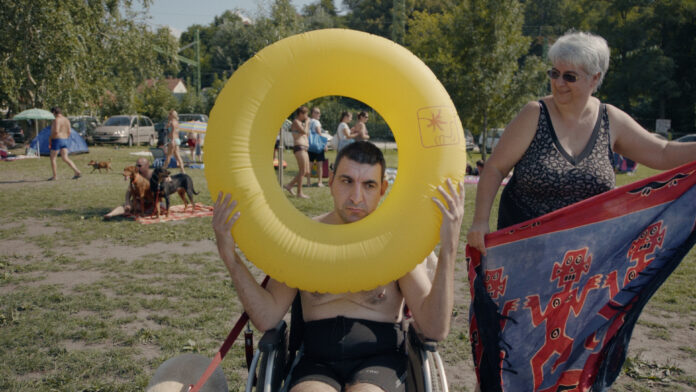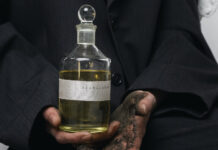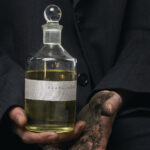
29.04.2025 – 04.05.2025
Every year in April, Linz hosts the CROSSING EUROPE Film Festival; the festival dedicates its programme to unconventional, contemporary and socio-political auteur cinema from Europe. Despite changes in media consumption and reception behaviour, film festivals continue to play an important role: presenting new positions and developments in film art to a wider public for discussion, curating programmes and films that, despite international festival successes, all too often have no place in the cinema for economic reasons, and creating an audience for them. This also includes the presentation of films by a young generation of directors.
With their programme selection, the two festival directors Katharina Riedler and Sabine Gebetsroither attempt to do justice to the diversity of European cinema (and thus the European continent). The Linz festival audience has the opportunity to see high-quality European productions and film highlights from the past festival season (from A-list festivals such as the Berlinale, Cannes and Venice) presented on the big screen. Over the six festival days, CROSSING EUROPE offers an outstanding, hand-picked selection of feature and documentary films.
Under the title ‘And what do you do?’, this year’s Architecture and Society film series presents documentary works that deal with the inner motivations and passions of architecture and culture professionals, among other things. In MIRALLES, Maria Mauti portrays the eponymous Spanish architect: Eleven variations of his work find their way into the film, which gives an overview of his life’s work in a poetic way and through expressive images. POZOR, PADÁ SNG! is set in the Slovakian National Gallery in Bratislava: Jana Durajová and Lena Kušnieriková accompany Alexandra Kusá, the director of the dilapidated museum, whose renovation has been dragging on for two decades, and show the complex challenges of this process.
Under the title Signposts 2025, the Working Worlds programme is dedicated to people who are starting out in adult or professional life from a more difficult position than the majority of society – or to those who provide them with professional care, support or training. At the same time, it takes a look at European countries where this profession is not a matter of course.
In AZ ÉLETED NÉLKÜLEM by Anna Rubi, for example, mothers in Hungary are portrayed who fight for professional state support for their severely disabled children.
In DER OKTOPUS HAT DEN MOND ZERSTÖRT, Heidrun Holzfeind accompanies pupils and teachers at an integrative pre-vocational school and Daniel Abmas IM PRINZIP FAMILIE provides insights into the everyday life of a residential group with professional carers and five boys between seven and fourteen.
In LOXY by Dimitris Zahos and Thanasis Kafetzis, a dream comes true for the eponymous Loxandra when she becomes the first actress with Down’s syndrome to join the ensemble of the Greek National Theatre. The programme was curated by Lina Dinkla (DOK Leipzig) and Katharina Franck.
2025, the Crossing Europe Award Ceremony will be enriched by the presentation of a new award as part of the Competition Local Artists programme: The CROSSING EUROPE Award Local Artist – Young Talent will be presented by the Competition Local Artists jury to one of the works by students or people in training and is endowed with €3,000. The aim is to support young talent in the film and media industry.
CROSSING EUROPE Filmfestival 2025
29.04.2025 – 04.05.2025
various locations, Linz
www.crossingeurope.at











